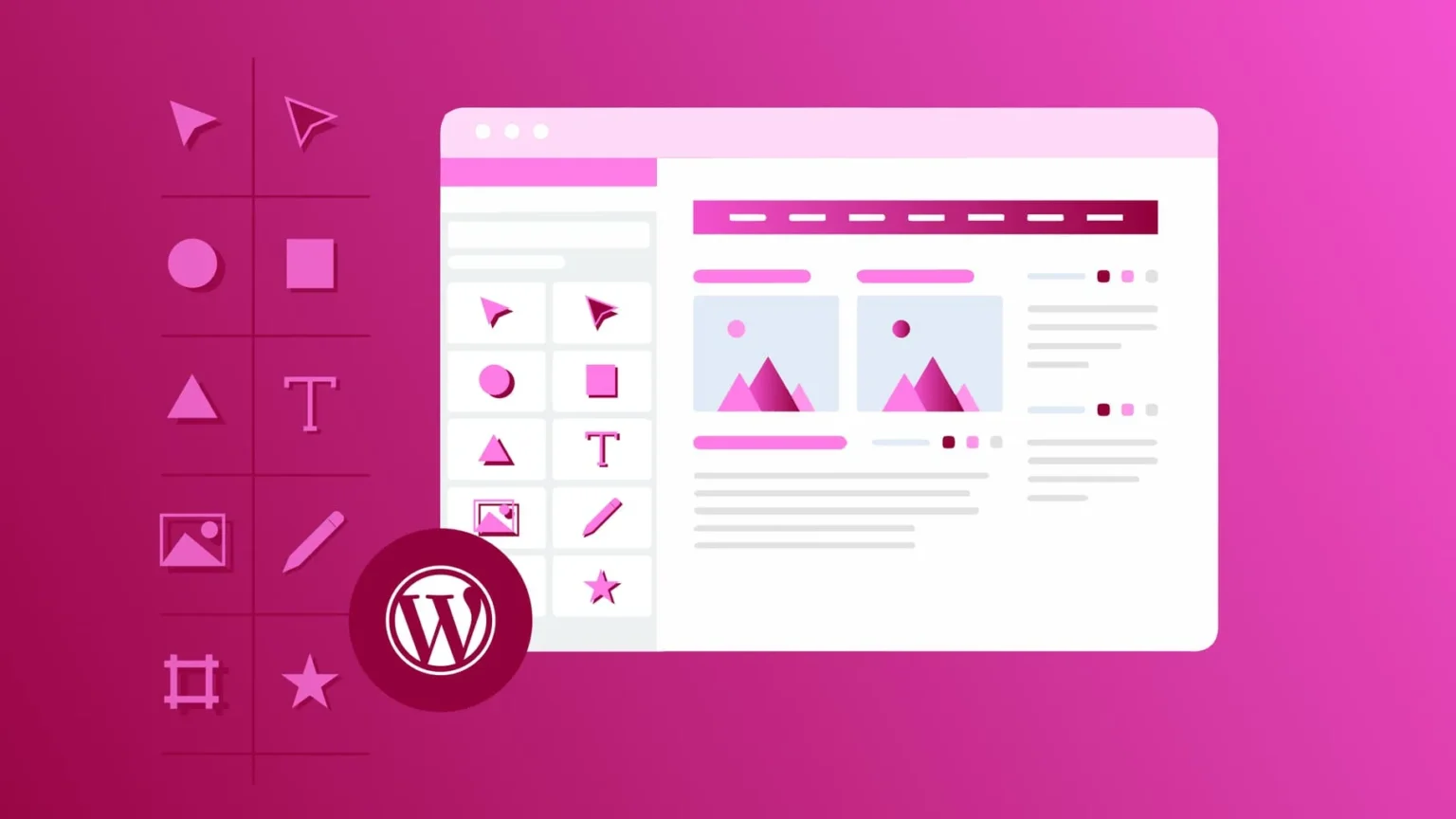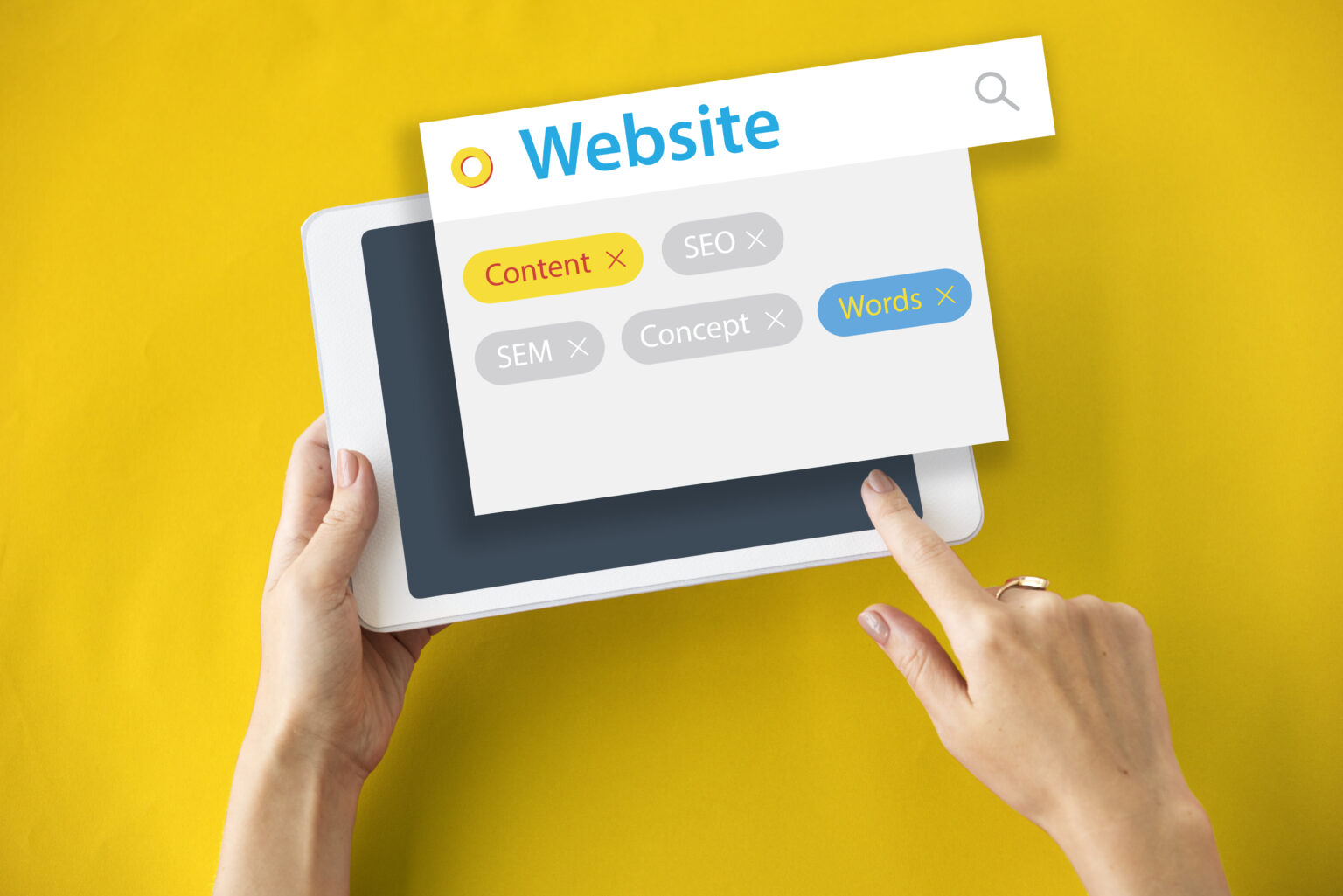If you’ve ever asked yourself, “how to speed up my Elementor website?”, you’re not alone. Elementor is one of the most popular page builders for WordPress, offering drag-and-drop simplicity and professional results. But it also has a reputation for slowing down websites if not optimised properly.
For small business owners in the UK, website speed isn’t just a technical issue — it directly affects conversions, SEO rankings, and even customer trust. According to Google research, websites that load in under three seconds see far higher engagement rates than those that take longer. So, if your Elementor site feels sluggish, it’s time to take action.
In this article, we’ll cover why Elementor websites can slow down, and the best strategies to fix it.
Why Is My Elementor Website Slow?
Before diving into solutions, it’s worth understanding why Elementor sites can underperform. The main culprits include:
- Heavy page builder code – Elementor adds extra styling and scripts.
- Large images and media files – High-resolution images eat up bandwidth.
- Poor hosting – Cheap shared hosting often struggles with dynamic WordPress websites.
- Too many plugins – Overloading your site with unnecessary add-ons slows things down.
- No caching or optimisation – Without caching, every visit requires full server processing.
If you’re searching “how to speed up my Elementor website”, chances are one or more of these issues are affecting your site.
Proven Ways to Speed Up an Elementor Website
1. Choose Fast, Reliable Hosting
The foundation of any speedy site is quality hosting. Many UK business owners cut costs here, but it’s one of the most important decisions you can make. Providers like SiteGround and Kinsta are highly rated for WordPress performance and come with built-in caching features.
2. Optimise Your Images
Images are often the heaviest elements on a website. To improve performance:
- Use modern formats like WebP.
- Compress images with tools like TinyPNG.
- Serve scaled images that fit your design (don’t upload 5000px-wide images if your layout only needs 1200px).
If you’re using Elementor, you can also enable lazy loading so images load only when visible.
3. Use a Caching Plugin
Caching creates a “snapshot” of your site, reducing the amount of work your server has to do for each visitor. Plugins like WP Rocket or W3 Total Cache are excellent choices.
4. Minify and Combine Files
Elementor loads CSS and JavaScript files that can add up. Minifying and combining them reduces size and HTTP requests. Caching plugins like WP Rocket handle this automatically, or you can use Autoptimize.
5. Limit Unnecessary Plugins and Widgets
When wondering “how to speed up my Elementor website”, one of the simplest fixes is reducing the number of plugins. Stick only to what your business actually needs. Each extra widget, slider, or animation adds to page weight.
6. Enable a Content Delivery Network (CDN)
A CDN stores copies of your website on servers worldwide, ensuring faster delivery to visitors across the UK and beyond. Cloudflare offers a free plan that’s a great starting point for small businesses.
7. Update Elementor and WordPress Regularly
Updates aren’t just about new features — they often include performance improvements. Keeping WordPress, Elementor, and your theme up to date ensures you’re benefiting from the latest optimisations.
8. Clean Up Your Database
Over time, your WordPress database fills with unnecessary data like old revisions, spam comments, and transient records. Plugins such as WP-Optimize can safely clean your database to improve performance.
9. Use Lightweight Themes
Elementor works with almost any WordPress theme, but some are lighter than others. Options like Astra or GeneratePress are designed with speed in mind, and they integrate seamlessly with Elementor.
How Faster Elementor Websites Help Your Business
A faster website isn’t just a technical win — it directly impacts your bottom line. With a site that loads in under three seconds, you can expect:
- Better SEO rankings – Google prioritises speed in its ranking factors.
- Lower bounce rates – Visitors are less likely to leave before your page loads.
- Improved conversions – Faster checkouts, form submissions, and enquiries.
- Happier customers – A smooth browsing experience improves trust.
So if you’ve been asking “how to speed up my Elementor website”, remember the business benefits go far beyond performance.
Elementor is a powerful tool for small businesses, but it does require careful optimisation to run smoothly. By investing in fast hosting, reducing image sizes, limiting plugins, and using caching, you can dramatically increase performance.
For UK businesses, making these improvements can mean more leads, higher sales, and a stronger online presence.










